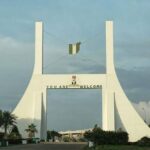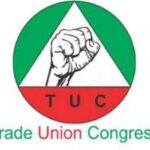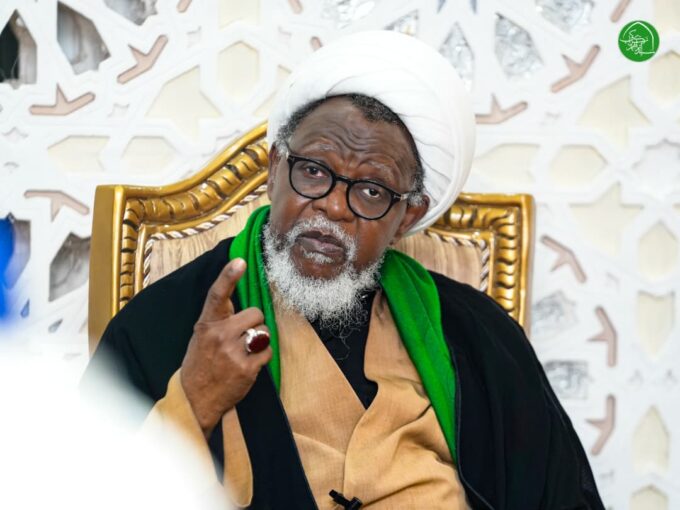The Speaker of the House of Representatives, Abbas Tajudeen, has issued a stark warning over Nigeria’s escalating public debt, which he says has surpassed the country’s legal limit and now poses a serious threat to fiscal sustainability.
Speaking Monday in Abuja at the opening of the 11th Annual Conference and General Assembly of the West Africa Association of Public Accounts Committees (WAAPAC), Abbas revealed that Nigeria’s total public debt reached ₦149.39 trillion (approximately $97 billion) in the first quarter of 2025 – a sharp increase from ₦121.7 trillion the previous year.
He emphasized that the debt-to-GDP ratio has risen to roughly 52%, significantly exceeding the statutory ceiling of 40%. Abbas described this breach as “a signal of strain on fiscal sustainability” and stressed the urgent need for “stronger oversight, transparent borrowing practices, and a collective resolve to ensure that tangible economic and social returns match every naira borrowed.”
The Speaker warned that the situation is part of a broader regional crisis, with many African governments now spending more on debt servicing than on essential services like healthcare.
“This is not just a budgetary concern, but a structural crisis that demands urgent parliamentary attention and coordinated reform,” he stated.
He announced Nigeria’s proposal to establish a West African Parliamentary Debt Oversight Framework under WAAPAC, as part of Nigeria’s effort to address the fiscal challenge. This initiative aims to harmonize debt reporting, set transparency standards, and provide parliaments with timely data to improve scrutiny of borrowing practices.
He also disclosed plans for a regional capacity-building program to equip Public Accounts and Finance Committees with modern debt sustainability analysis tools.
While acknowledging that borrowing can be necessary for development, Abbas insisted that “borrowing should support infrastructure, health, education, and industries that create jobs and reduce poverty.” He firmly declared that “reckless debt that fuels consumption or corruption must be exposed and rejected.”
Reiterating the 10th House’s commitment to accountability, Abbas said major borrowing proposals would undergo public hearings and simplified debt reports would be made available to citizens under its Open Parliament policy.
The conference, focused on the theme “Strengthening Parliamentary Oversight of Public Debt,” brings together parliamentarians, development partners, and financial experts from across West Africa to develop solutions for enhanced fiscal responsibility.















Leave a comment